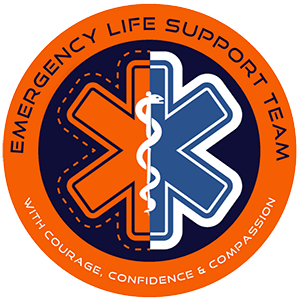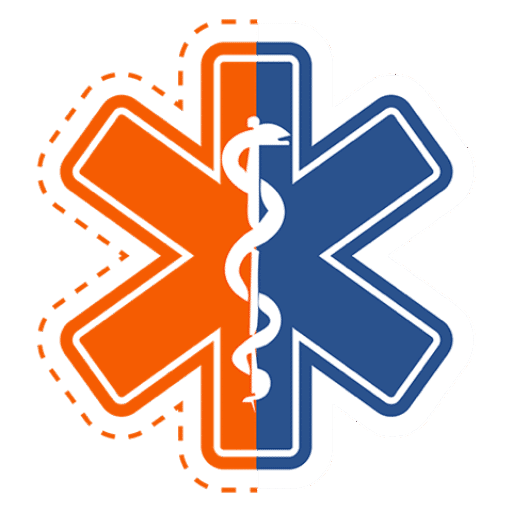Basic Life Support
Developed over a four-year period, the Resuscitation Council UK Guidelines 2025 incorporate the latest international evidence. They are based on the International Liaison Committee on Resuscitation (ILCOR) 2025 Consensus on Science and align with the recommendations set out in the European Resuscitation Council (ERC) Guidelines 2025.
First Aid
A new section on the science-based advice on First Aid for life-threatening emergencies. It specifically covers conditions that could lead to cardiac arrest if untreated, as well as time-critical situations where immediate action is essential to significantly reduce injury and suffering.
Andy Sullivan – CEO
We must champion the Resuscitation Council (UK) 2025 guidelines. Their foundation in sound science is the reason they are so effective at boosting survival rates. Furthermore, these guidelines pivot toward proactive measures, demonstrating a commitment to the philosophy that prevention is always better than treatment.
BREAKDOWN OF THE CHANGES
Main Updates to Basic Life Support (BLS) from RCUK
- The Resuscitation Council UK (RCUK) released its updated guidelines in October 2025, to be integrated into training programs beginning in January 2026.
- The primary modifications to Adult Basic Life Support (BLS) aim to streamline the initial response and enhance the overall efficiency of life-saving interventions.
Revised Adult BLS Algorithm
The most significant change for a lay rescuer involves the sequence for emergency response:
IMMEDIATE CALL FOR HELP: New recommendations advocate calling 999 (or local emergency number) for any person who is unresponsive before a thorough assessment of breathing is complete. The prior standard required confirming absent or abnormal breathing before making the emergency call.
ENHANCED AMBULANCE SUPPORT: Emergency call handlers are now expected to take a more active role:
- They will assist the rescuer with identifying cardiac arrest,
- give instructions for compression-only Cardiopulmonary Resuscitation (CPR),
- and guide the rescuer to the nearest Automated External Defibrillator (AED). (Rescuers should still attempt to assess the person’s breathing while the call is being connected.)
CPR Technique Refinements
While the fundamental steps of CPR are unchanged, the guidelines re-emphasise high-quality delivery of:
RESCUE BREATHING: The standard 30:2 ratio (compressions-to-breaths) remains for those trained. For those without training, compression-only CPR is still advised.
RATE AND DEPTH: The established compression rate of 100–120 per minute and depth of 5–6 cm is maintained.
CONTINUOUS COMPRESSIONS: There is a renewed focus on minimising interruptions to chest compressions.
STARTING ON A BED: The guidance is now more lenient regarding the surface. It suggests that it is preferable to initiate CPR immediately on a bed (even if compressions may be less effective initially) rather than wasting critical time moving the patient to the floor.
AED Guidelines
LATERAL PAD PLACEMENT: Careful attention is required for the apical (side) pad, which must be positioned on the patient’s left side, directly beneath the armpit. The other pad placement remains the same.
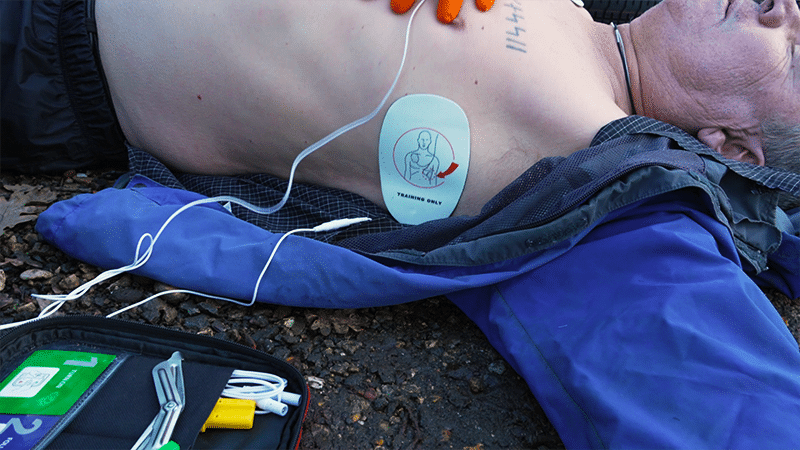
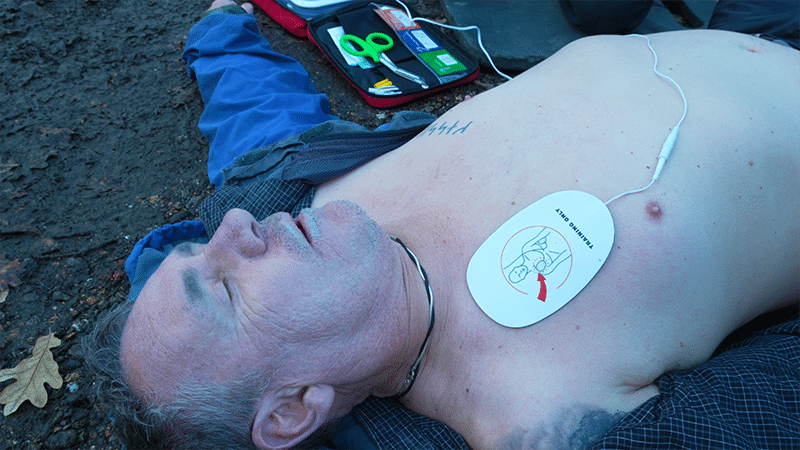
DEALING WITH CLOTHING: Rescuers must prioritise applying the pads to bare skin. If a bra obstructs correct pad placement, it should be removed. Rescuers should not hesitate to expose the patient’s chest to properly administer this life-saving device.
USE ON CHILDREN: AEDs are now explicitly recommended for use on people of all ages, including infants. Paediatric pads or settings should be used if available.
Key Adjustments to Paediatric Basic Life Support (PBLS)
- Preferred Technique for Infant Chest Compressions (Ages 0–1)
THE UPDATE: The recommended method for delivering chest compressions to babies (0–1 year old) is now the two-thumb encircling technique.
REASONING: This approach offers superior compression depth and consistency, which is vital for maximizing blood flow in an infant. The technique requires the rescuer to use both hands to surround the infant’s chest, pressing down on the sternum with both thumbs.
- Ventilation-to-Compression Ratio for Trained Rescuers
THE UPDATE: Rescuers trained specifically in Paediatric BLS should continue to use a 15:2 ratio (15 chest compressions followed by 2 rescue breaths). 5 initial rescue breaths must be delivered before starting chest compressions.
CONTEXT: Unlike adults, where primary cardiac arrest is common, children usually suffer cardiac arrest due to hypoxia (oxygen deficiency). Maintaining the higher ratio of breaths is essential for reoxygenation.
NOTE: If the rescuer is only trained in Adult BLS, they should follow the adult ratio of 30:2, or perform compression-only CPR if they are unable or unwilling to give breaths.
Management of Drowning Incidents
THE UPDATE: For cases involving suspected drowning (applicable to all ages, but highly critical for children), the life-saving procedure must begin with 5 initial rescue breaths before starting chest compressions.
REASONING: Since the arrest is triggered by a lack of oxygen, immediate ventilation is the single most important intervention in a drowning emergency.
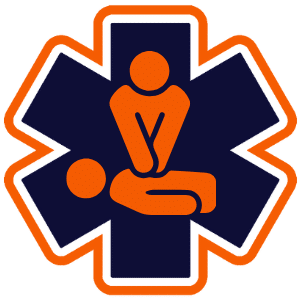
Adult basic life support 2025 Guidelines
The 2025 Adult Basic Life Support (BLS) guidelines have been updated with key changes focused on speeding up the initial response:
- Call 999 Immediately:
For any unresponsive person, rescuers must call 999 first. You no longer need to confirm abnormal breathing before initiating the emergency call. The breathing assessment should be done while waiting for the call to connect.
- Call Handler Support: The guidelines highlight the critical role of the ambulance service call handler in the early recognition of cardiac arrest and the initiation of CPR, including assistance with identifying abnormal breathing.
- Recognising Athlete Cardiac Arrest: The guidance now acknowledges that in cases of exercise-induced cardiac arrest, athletes may initially show a near-normal or panting breathing pattern, which differs from the slow, laboured breathing previously emphasised in the 2021 guidelines.
- Support for Rescuers: The guidelines recognise that attempting resuscitation can be a traumatic experience. Lay rescuers and bystanders may benefit from support after the event.
Three Steps to Save a Life: Responding to Unresponsiveness.
1. Check Safety & Consciousness:
- Is it safe to approach the person?
- Are they conscious (do they respond to you)?
2. Call 999 Immediately:
- If they are unresponsive, call 999 straight away.
- While on the call, assess their breathing. If you are unsure about whether the breathing is normal, the ambulance call handler will assist you.
3. CPR and Use AED:
- Start CPR immediately if they are unresponsive and their breathing is abnormal.
- As soon as an Automated External Defibrillator (AED) arrives, attach it and follow its instructions.
- Remember, the call handler can also provide guidance on using the AED.
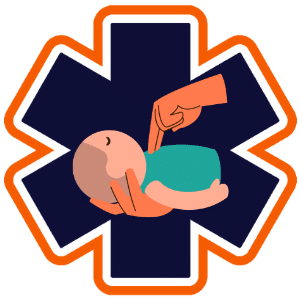
Paediatric basic life support 2025 Guidelines
Guidelines 2025 continues to prioritise supporting members of our communities to have the confidence, knowledge and skills to act when someone sustains an out-of-hospital cardiac arrest.
The principles of CPR remain the same, and there is an increased emphasis on the difficulty in recognising cardiac arrest and the role that the ambulance service call handlers can play in facilitating this.
Link to the Resus Councils Adult Basic Life Support Guidelines
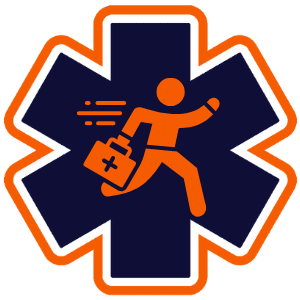
First Aid 2025 Guidelines
Guidelines 2025 continues to prioritise supporting members of our communities to have the confidence, knowledge and skills to act when someone sustains an out-of-hospital cardiac arrest.
The principles of CPR remain the same, and there is an increased emphasis on the difficulty in recognising cardiac arrest and the role that the ambulance service call handlers can play in facilitating this.
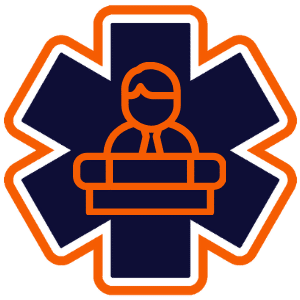
Education 2025 Guidelines
Guidelines 2025 continues to prioritise supporting members of our communities to have the confidence, knowledge and skills to act when someone sustains an out-of-hospital cardiac arrest.
The principles of CPR remain the same, and there is an increased emphasis on the difficulty in recognising cardiac arrest and the role that the ambulance service call handlers can play in facilitating this.

Resuscitaion Guidelines Process
Details about how the 2025 Guidelines were developed.

Epidemiology of cardiac arrest
Details about how the 2025 Guidelines were developed.
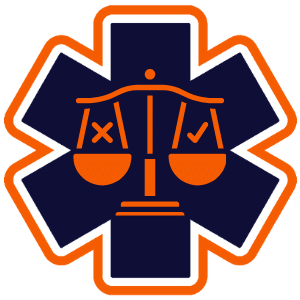
Resus council Ethics Guidelines
Decisions regarding cardiopulmonary resuscitation (CPR) and Do Not Attempt CPR (DNACPR) orders are governed by key ethical duties and are strictly framed by UK law, notably the Mental Capacity Act (MCA) 2005 (England and Wales).
